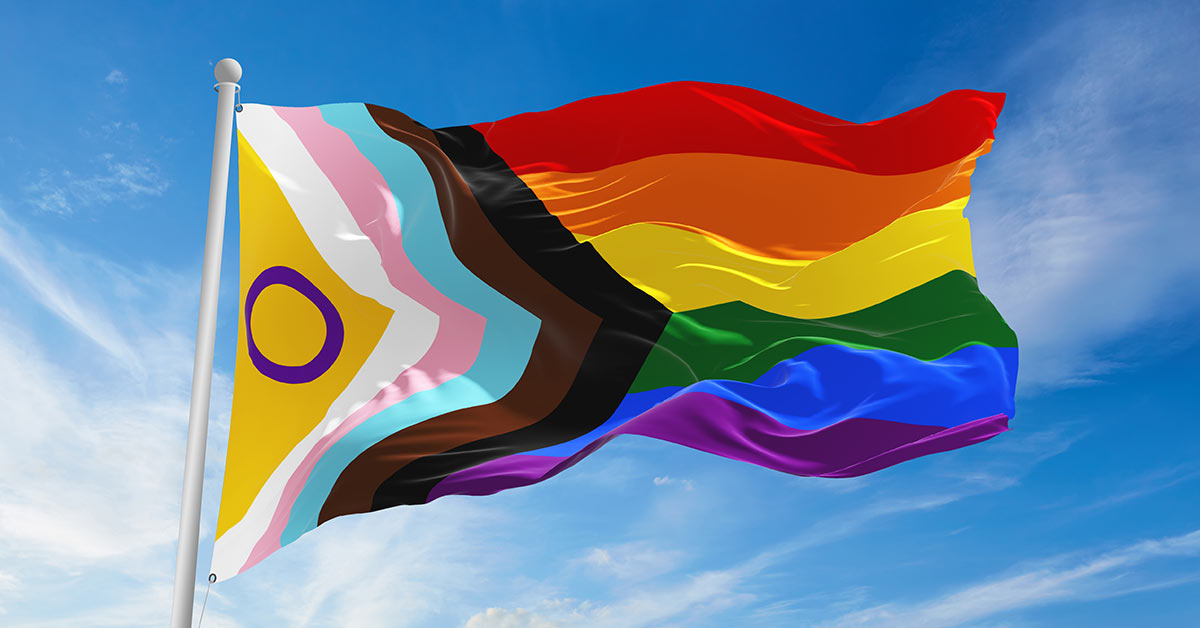Transgender and intersex rights are human rights

As South Africa marked International Human Rights Day on 10 December, activists called on the government to escalate efforts to promote legal gender recognition and end intersex genital mutilation.
“As long as transgender and intersex persons are unable to exercise their human rights, South Africans cannot claim to be a Constitutional democracy,” said Iranti Executive Director Jabu Pereira.
Pereira urged the Department of Home Affairs (DOH) to speed up the public engagement process to finalise South Africa’s new identity document regime that would offer an alternative to the current binary descriptions of gender.
The organisation anticipates that the Draft Identity Management Policy will be approved by cabinet in March 2022.
Review Home Affairs’ Standard Operating Procedures
Iranti, as part of the Gender Diversity Coalition, is working with the DOH to review the Standard Operating Procedures (SOP) in an effort to support civil society input into the process.
It noted an incident in which an intersex Limpopo person was verbally abused by Home Affairs in Polokwane when they tried to change their gender markers.
“Our wish for 2022 is that trans and intersex persons are granted the ability to self-identify; that they are able to change their gender markers speedily and, in so doing, are able to access the services and rights to which all South Africans are entitled,” Pereira said.
Repeal the Alteration of Sex Description and Sex Status (Act 49)
Iranti also supports moves to repeal the Alteration of Sex Description and Sex Status (Act 49). This law currently governs the changing of a person’s legal gender designation.
Iranti further called for an end to intersex genital mutilation and has formally requested a meeting with the Department of Health to address the issue.
“The Department of Health’s approach to intersex rights is disappointing. Indeed, the department claims to have no records of any intersex born babies from the past five to ten years. And there appears to be no policy to restrict unnecessary surgeries on intersex born children,” commented Iranti Programmes Manager Ntuthuzo Ndzomo.
End intersex genital mutilation
“We demand an end to unnecessary surgeries on intersex born children,” said Iranti Intersex Programme Office Crystal Hendricks. “Intersex persons have the right to bodily autonomy.”
Iranti is currently exploring various ways to engage with health professionals but is also considering litigation to ensure accountability among the medical fraternity and clear policies to ensure the medicalisation of intersex bodies.
“Unnecessary surgeries on intersex born children is a human rights issue and not a health issue,” said Hendricks.
Protect trans and intersex persons
The organisation noted that trans and intersex persons continue to feel at risk. Apart from rising intolerance, the organisation has also documented more than 70 human rights violations against LGBTI+ people with many more undocumented. Those documented included 18 murders, 15 rape cases and more than 50 assault cases from January to date.
“We stand in solidarity with trans and intersex persons facing these challenges. We call on the United Nations to increase its protection mechanism by further depathologising health care access for trans and intersex persons. It is time for a global ban on harmful practices such as conversion therapy and ending all forms of torture by States against LGBTI persons,” Pereira said.
Leave a Reply